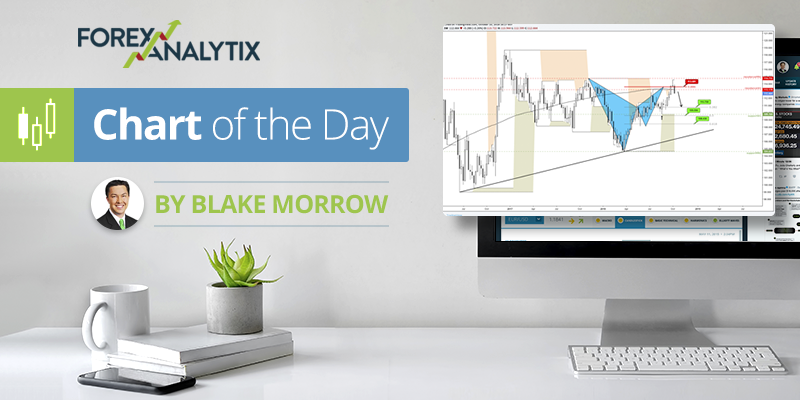Four Drivers in the Week Ahead

Today’s Highlights
- • The May PMI readings may draw some attention, but the preliminary releases do a fine job anticipating the final results.
- • The Reserve Bank of Australia meets on June 1. There is added interest after the RBNZ shift, but important decisions will wait for the July meeting.
- • The in-person G7 finance ministers meeting may reach a consensus on the minimum corporate tax and a tax on the large 100 companies.
- • The preliminary estimate for the eurozone’s May CPI is expected to increase, but the ECB’s leadership has already indicated it will look through it, but could help frame the debate at the June 10 central bank meeting on whether to reduce the bond buying that had been increased in at the March meeting.
- • The US employment report takes on added significance after big miss in April. Still, we suspect that a rise in yields in the face of a stronger than expected gain in nonfarm payrolls will be short-lived as was the decline on the weaker than expected April jobs gain.
After the US and UK holidays on Monday, there are four highlights in the week ahead. First, the Reserve Bank of Australia’s meeting will receive more attention after the Reserve Bank of New Zealand signaled the likelihood of a rate hike in the second half of next year. Second, the G7 finance ministers may agree to endorse a proposal for a minimum corporate tax rate of 15% and an additional tax on the largest 100 companies (so that areas in which they sell can collect taxes).
Central banks say that their policy path is data-dependent, but this is coded language. Officials at the Fed and ECB say price pressures are transitory, which means that it will look past near-term increases. Yet, the ECB’s Panetta seemed to link the increased bond purchases to sustained inflation pressures. That means the June 1 preliminary estimate of the eurozone’s May CPI will likely garner more attention than otherwise would have been the case. When Fed officials like Vice Chair Clarida talk about the importance of economic data, they probably have employment on their minds, not inflation. After the big miss with the April jobs report, the May reading on June 4 will be riveting.
Marc Chandler
Managing Director
Bannockburn Global Forex
www.bannockburnglobal.com












